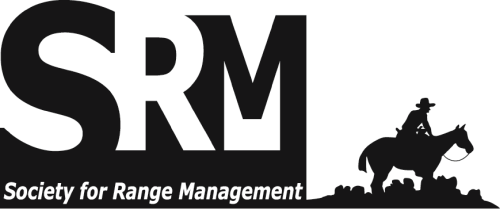Wildfires are growing in size, frequency, and severity across rangelands in the U.S. West. Numerous Rangeland Fire Protection Associations (RFPAs) have emerged for rancher participation in fire suppression alongside federal agency firefighters. There has been growing policy interest in the RFPA model because it can offer advantages such as quick response and local knowledge, but little research to date. Our study analyzed RFPA establishment, functioning, successes, and challenges through four case studies of individual RFPAs and their state programs in Oregon and Idaho during 2015-2016. We found that RFPA-BLM relationships were challenged by histories of conflict, differences between state and federal standards, cultural dissimilarity of ranching communities and formal firefighting institutions, and negative incidents. But relationships were improved by experience and time spent together on and off the fireline, which built common understandings and allowed for informal and interpersonal interactions. RFPA members increased their understanding of federal fire management decisions, and BLM personnel developed respect for RFPA members� local knowledge and skills. We also found that although the RFPA model has focused on suppression, many ranchers view fire management more holistically and potential may exist for RFPA engagement in a wider range of activities. The example of RFPAs suggests that other types of �working lands communities� could engage in fire preparation and response and become more �fire-adapted� if issues such as safety, liability, interfaces with agency and contractor fire personnel, and organizational structures for legal and operationally feasible participation are addressed. Learning and adaptation may also help ease tensions between volunteer and professional institutions, even if volunteer partners begin with relatively limited understandings of fire management. Experience, repeated interactions, and being given responsibility may help local participants gain broader understanding of professional firefighting techniques, and build professional comfort with and regard for local knowledge and values.

Oral presentation and poster titles, abstracts, and authors from the Society for Range Management (SRM) Annual Meetings and Tradeshows, from 2013 forward.